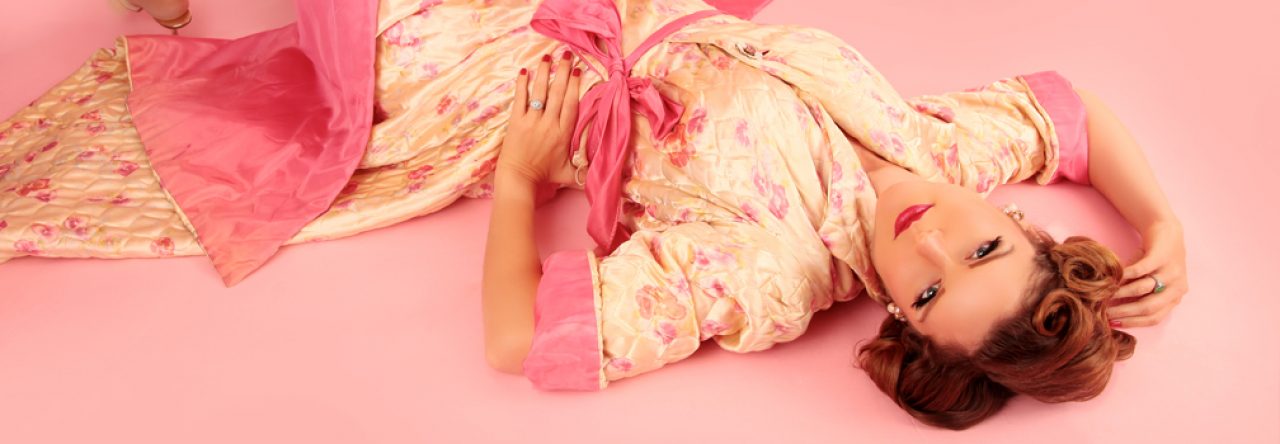I appeared on PBS’ To The Contrary, and discussed sexual harassment and its impact on the upcoming elections, Boy Scouts welcoming girls to their ranks, and how social movements effect change:

I appeared on PBS’ To The Contrary, and discussed sexual harassment and its impact on the upcoming elections, Boy Scouts welcoming girls to their ranks, and how social movements effect change:
I appeared on PBS’ To The Contrary, and spoke about Donald Trump’s impact on women and the #MeToo revolution:
The #MeToo reckoning has only started to reveal the routine and gratuitous presence of sexual harassment, abuse, and assault in the lives of women and girls. It’s going to be a long, slow burn of new stories coming to the surface, some of them shocking and others as duh-tastic as possible (you mean that pompous guy who was known for treating his employees like shit and the “pro-life” congressman who obsessed about controlling women’s bodies all day long on the House floor were treating their women employees like their own personal sexual property? NO WAY!). There will be more backlash, and considering who is president of the United States, it is going to be terrible.
Meanwhile, a whole bunch of us still need to raise our daughters.
I’ll be honest, I find this a particularly challenging moment to parent a girl who is getting ready to go to kindergarten. Here is where I’ve landed:
I’m no longer turning off the radio or television as these stories come up on the news. As much as I would like to, I can’t protect her from every sexist thing in the world. If she asks what these stories are about, I’m going to tell her the truth in age-appropriate terms (such as, someone didn’t respect her body, and only you get to decide what to do with your body).
I’ve been thinking a lot about the encouragements we give our children to give someone a hug. This isn’t a new line of thought for me, but it seems to take on new urgency in this moment. Why are other people telling my daughter to go give someone a hug? Why am I? As it pertains to teaching her how we act around family and close friends, there is balance to be found here, but I’m also getting increasingly uncomfortable with suggesting physical contact if she clearly doesn’t want it.
Donald Trump is not a person we talk about in neutral terms. If there is one thing I want my daughter to remember about growing up during the disastrous period of Donald Trump’s presidency, it is that we did not look the other way — we spoke up and we took action. Donald Trump’s disrespect for women and girls is but one of many hate-fueled reasons on his part as to why his presidency should never be normalized before our children. I still remember looking at her the morning after the election and crying. My political work is, in part, a fight for her.
If the Access Hollywood bus won’t pick him up to remove him from the Oval Office where he clearly doesn’t belong — it is up to us.
Hey, girl,
If you were watching #MeToo and wondering what would happen if you weighed in — specifically, if your abusers* were watching you on social media to see what you would say — I see you. (*Let’s default to plural, as the topic is sexual abuse of women in real life.)
You are not less courageous or brave about sexual violence you have experienced if you do not share your story out loud.
You do not have to speak up every time you have experience with something that hurts you, just because it has become the topic of the day.
Your pain does not exist for the consumption of others or to prove a point.
Social media sharing can be epically powerful. It can fundamentally change you and how you see the world, the things that have hurt you, and yourself. It can be a powerful tool for transformation — personally and socially.
I believe in storytelling and sit with tears for the people who are bravely speaking their truths. I have done it many times and I am not sad, nor am I ashamed. I have experienced firsthand the radical storytelling online that is a modern-day form of consciousness-raising for women, and especially how it has changed me (for more on this topic, see my chapter titled “Feminist Over-Sharing in the Wake of the Ray Rice Scandal” in Scandal in a Digital Age).
For all the benefits of storytelling, they are not accessible to every person at every moment of her life.
On social media, many people are directly connected or otherwise accessible to an awful lot of people — some of whom have treated them awfully.
Did you see #MeToo and wonder if someone who had raped, sexually harassed, assaulted, abused or otherwise mistreated you was watching your pages and lying in wait, waiting to see if #YouToo would speak up? Did you wonder if they would reach out to you to dispute what you had to say; or if they would see themselves in your carefully non-detailed storytelling; or if they were interacting with the posts of women they hadn’t abused, maybe with likes and supportive comments and the shit that sticks in the cracks of broken mirrors?
I see you. I hold you. Sometimes our rapists and harassers are our friends online. Sometimes they may have no idea what the fuck they did and how much it destroyed us or devalued us. Other times they know what they did or at least that we freaked out, but you know, power dynamics. Sometimes they contact us.
The horror is real.
You’re so vain
You probably think this song is about you
You’re so vain, you’re so vain
I’ll bet you think this song is about you
Don’t you?
Don’t you?
– Carly Simon